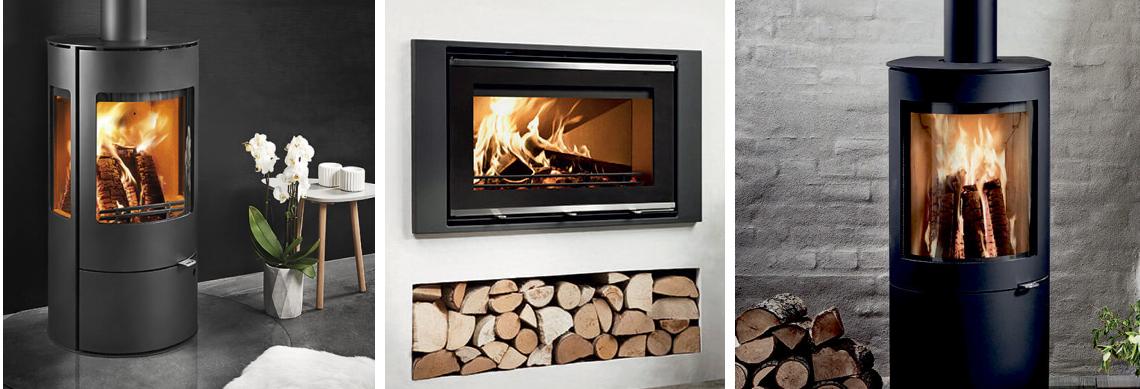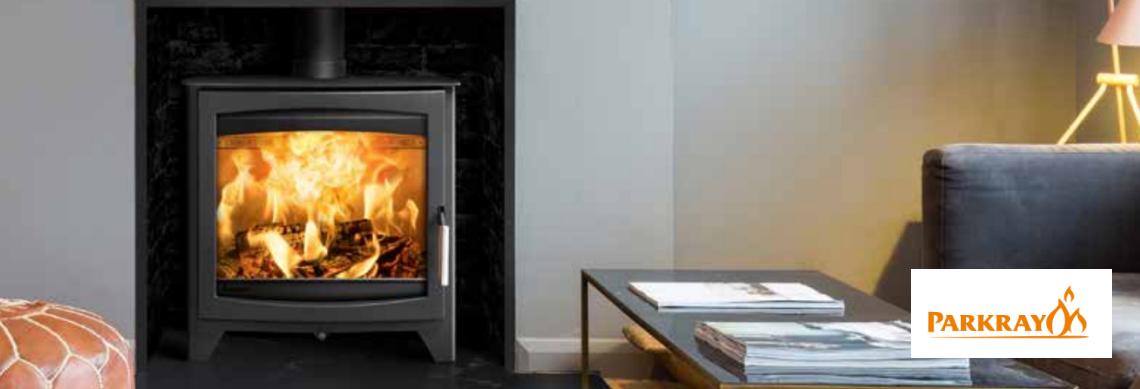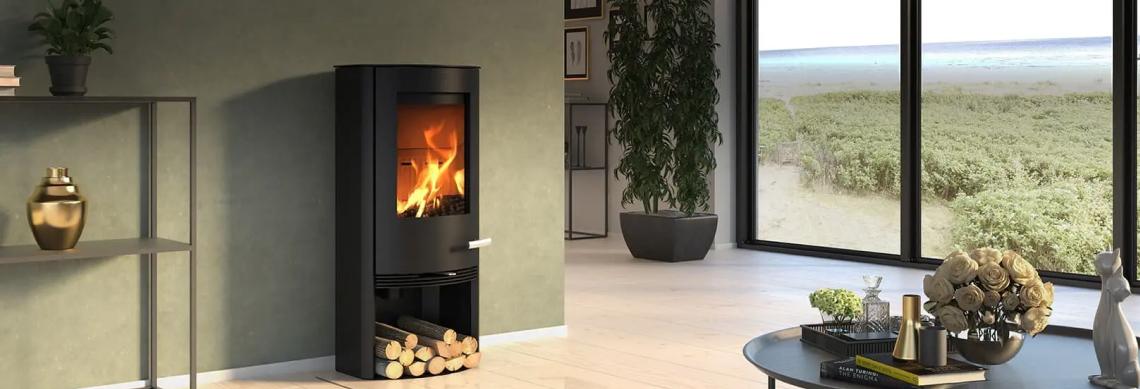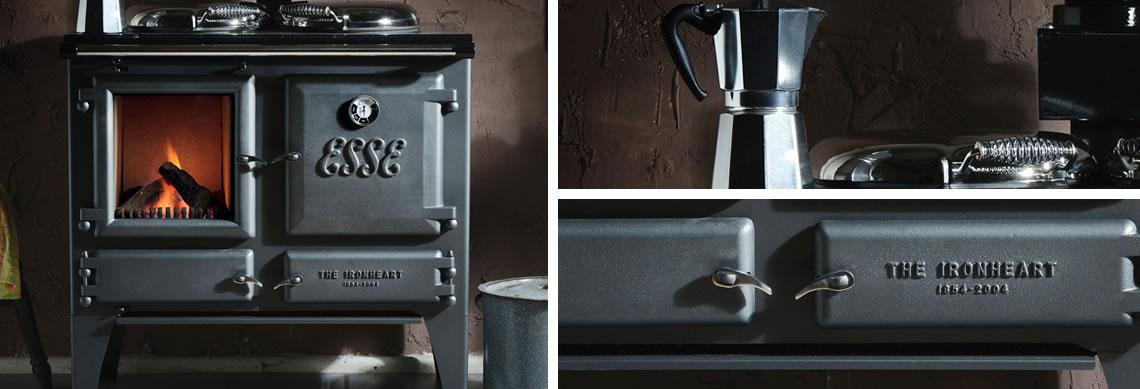FAQs
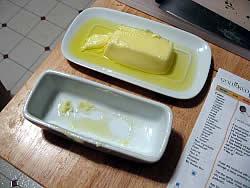
How hot is too hot?
Personal preference comes into this a lot but there is nothing worse than having a stove which is over sized for the room. This results in a stove which isn’t used because it is uncomfortable. A guide to working out KW’s for your room is to calculate the m3 and divide by 14, account for a KW loss through each open door way and 1.5KW up an open stair way and you will have a rough idea of the size of stove to look for.
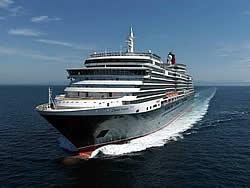
Do you need a liner?
This is a loaded question as most people quite rightly don’t want to pay out money if they don’t have to. Firstly I would like to say that you are in the fitters hands, it is down to their discretion as they have to sign the appliance as safe. But a rule of thumb is that if a chimney is over 12”x12” it should be lined as it will slow the exit of gases causing chimney deposits and a risk of soot falls. Also if the chimney is in poor order, which is usually established by smoke testing the chimney, it should be lined. However stoves can be connected to clay liners if they are in good order.
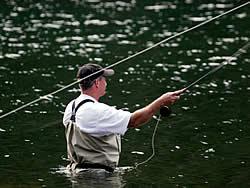
Cast (iron)or not to cast (iron)?
We are asked at Kuggar Stoves all the time whether cast iron stoves are better than steel stoves. It is our opinion that they just have different strengths and weaknesses. A cast stove will take longer to heat up but will radiate the heat better and retain the heat longer after the fire is out.
A steel stove however will heat up quicker but will not hold the heat as long after the fire is out. Another property of the steel bodied stove is that due to the nature of the material it is more resistant to rust and will not crack as cast stoves can do if abused. Poor quality cast stoves also can become uncontrollable as the seals between the body panels can wear, this results in the fire drawing too much making the appliance a hazard. Both types of stove have around a 20 year life span in the right conditions.
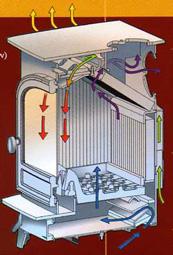
What is airwash?
Air wash is an affect achieved through an extra inlet of air. This can be pre-heated (as in the diagram of the Hunter CB5) (Green Arrows) or
cold air.
The air is directed due to it's temperature difference down the glass forming a 'shield' over the glass from deposits.

